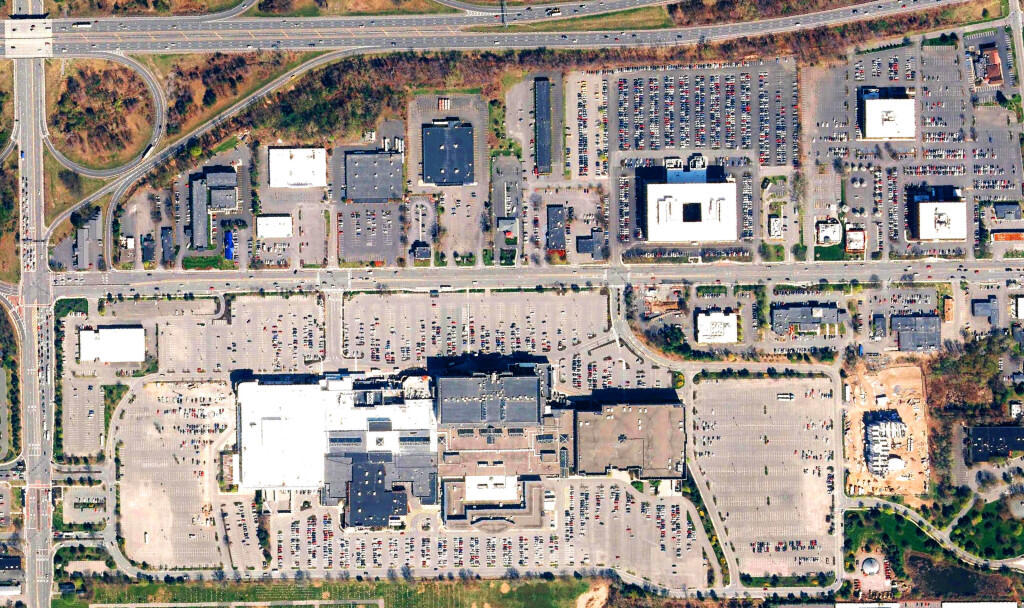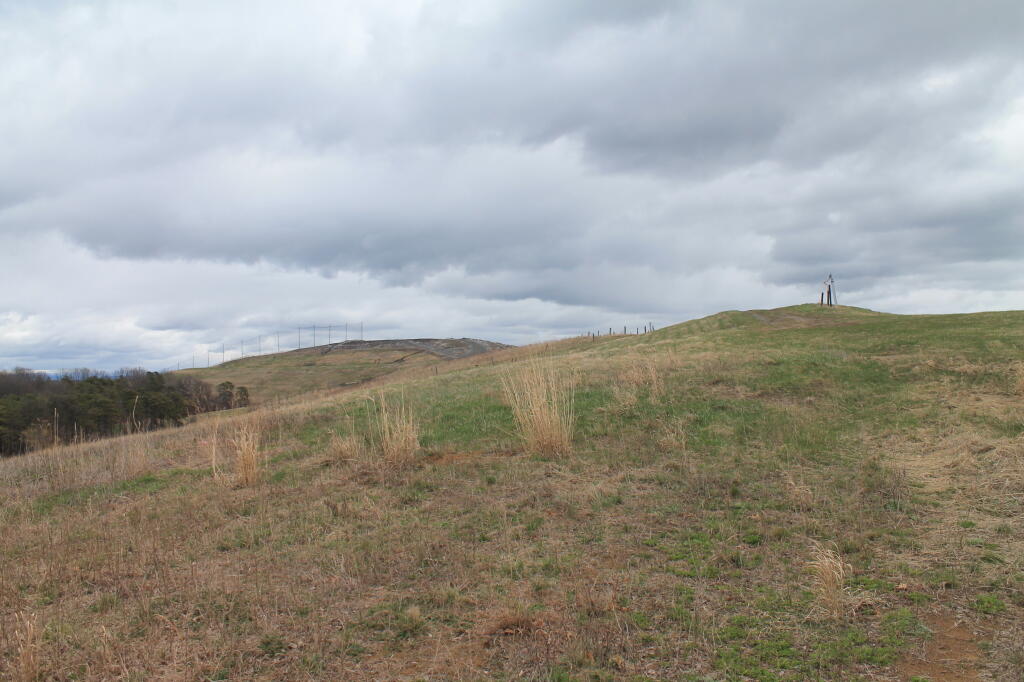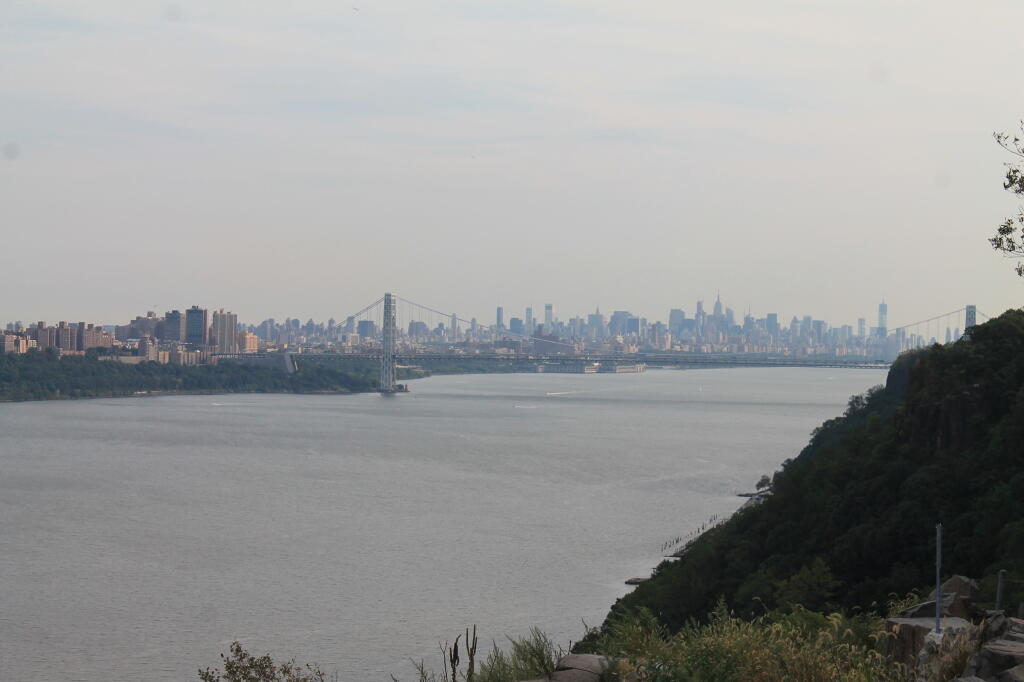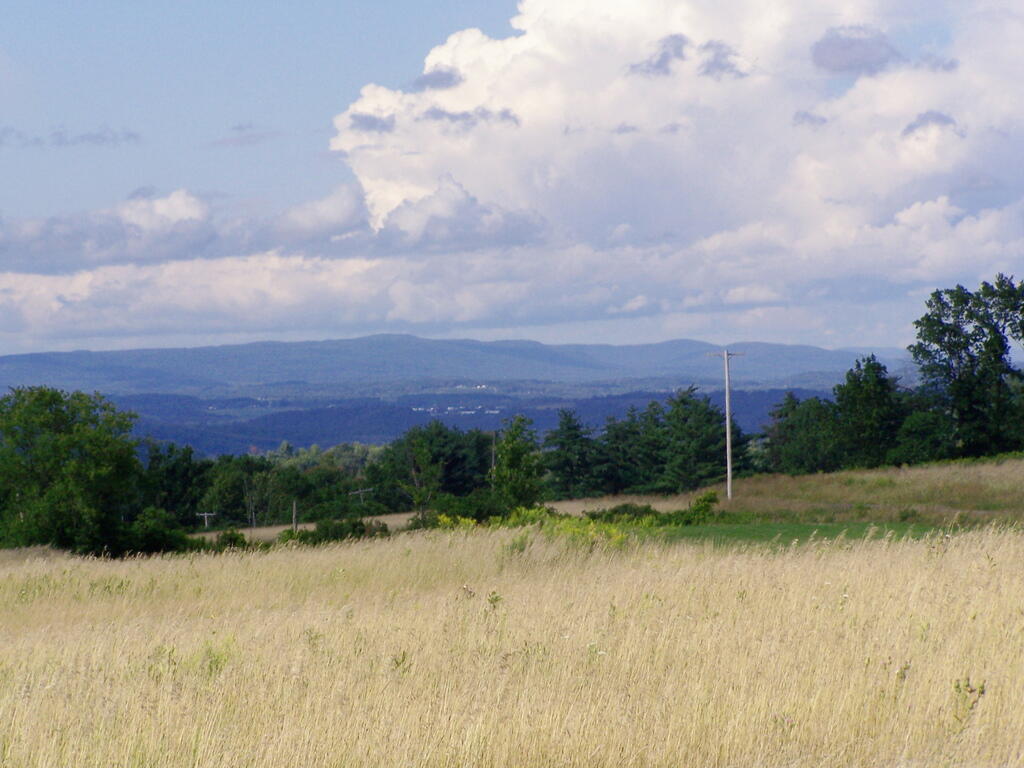Fed dramatically hikes interest rates again to fight inflation : NPR
NPR
The Federal Reserve ordered another big boost in interest rates on Wednesday, as questions bubble up about how much higher borrowing costs will have to go before stubborn inflation starts to come down.
The central bank raised its benchmark interest rate by 3/4 of a percentage point. The rate, which was near zero in March, has jumped 3.75 percentage points in the last eight months. That's the most aggressive string of rate hikes in decades, but so far it's done little to bring prices under control.
"Interest rates have risen at a whiplash-inducing speed, and we're not done yet," said Greg McBride, chief financial analyst at Bankrate. "It's going to take some time for inflation to come down from these lofty levels, even once we do start to see some improvement."
Annual inflation in September was 6.2%, according to the Fed's preferred yardstick — unchanged from the month before. The better known consumer price index shows prices rising even faster, at an annual rate of 8.2%.



